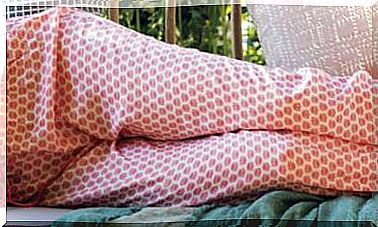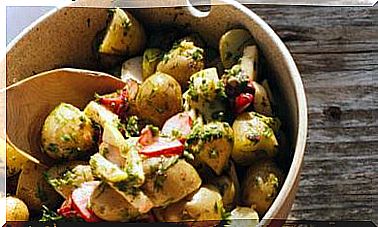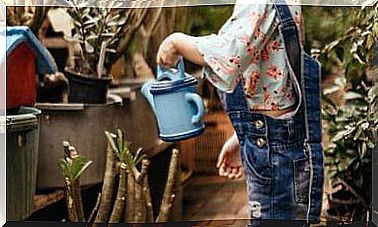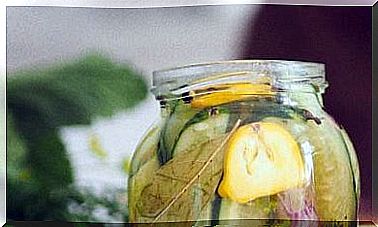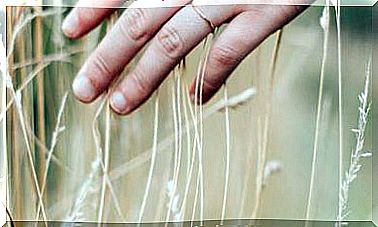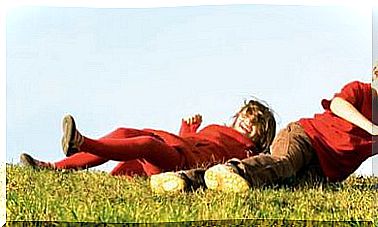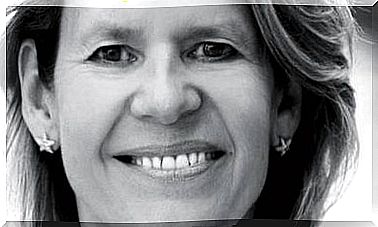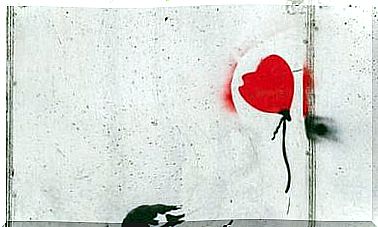5 Ways To Consume Less Packaged Food
The healthy diet consists mainly of foods that do not need a plastic container. Taking some steps you can improve your health and take care of the environment.
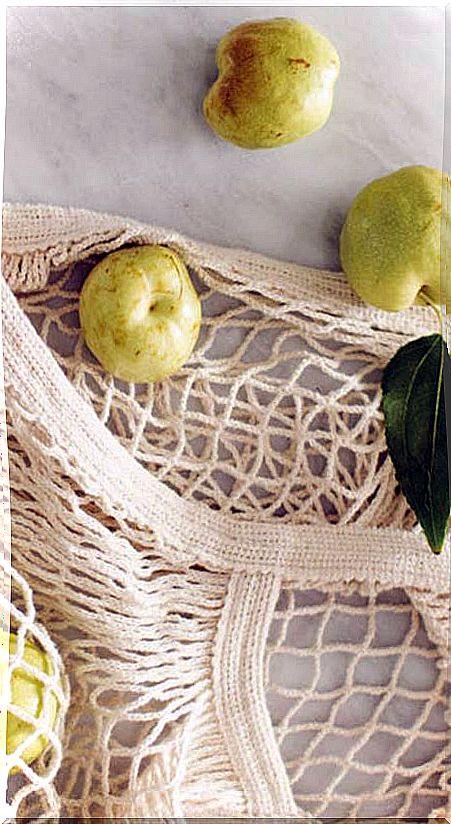
Packaged foods generally contain unhealthy ingredients that cause weight gain and other chronic health problems. The ultra-processed ones, in addition, are related to cardiovascular, inflammatory diseases and even cancer.
Substances that damage health can come from the packaging itself, such as endocrine disruptors that are released by bottles and cans with an inner lining, or they can be part of the food we eat because they are added during the industrial production process, as occurs with additives or refined flours and fats.
In addition, packaged foods, especially ultra-processed foods, usually contain a small proportion of nutrients in relation to the contribution of calories. Even what seem like healthy options, such as cooked beans, often contain too high a dose of salt.
Packaging is also a problem in itself because it is waste that can end up in the environment. It is well known what happens with plastic or tetrabrik containers: only a small part is recycled, most of it ends up in incinerators, landfills or directly at sea.
There are therefore many reasons to avoid packaged foods, but we are very used to them and they occupy most of the grocery stores. That is why we propose a few effective measures that will protect your health and the environment.
1. Start by drinking filtered water.
Not only is bottled water expensive, it can contain endocrine disruptors such as bisphenols. If you do not trust tap water – there are reasons for this – investing in a water filter can save money in the medium and long term.
Specifically, reverse osmosis filters reduce your exposure to all types of pollutants (heavy metals, pesticides, drug residues, etc.).
Then you can take your filtered water with you in glass or steel bottles.
2. Grow at home
Surely you do not have the space to grow a significant part of the food you eat, but you can grow plants that you need in small quantities and whose packaging usually weighs more than the content.
It is easy to care for aromatic plants like dill, coriander, basil, mint and much more in small pots. You can even dare with somewhat larger species, such as tomatoes, peppers, lemons, kumquats or even lettuce.
3. Go to the grocery store or skip the packaged food aisle
The markets are part of the Mediterranean culture and it is in them where you will find fresh and vegetable food – and, with a bit of luck, seasonal and local – that should make up most of your menus.
You can take your own organic cotton bags to take the vegetables and fruits home, without resorting to plastic at all.
If you go to a supermarket, go directly to the fresh produce area and do not stop in the aisles where packaged foods that you don’t really need are piled up.
4. Acquire cereals and legumes in bulk
You may be thinking that you need cereals – oatmeal, rice, quinoa, etc – and legumes – chickpeas, lentils, beans – to complete your diet. True, but look for them where they are sold in bulk. You will find them in the municipal markets and also in the new bulk product stores.
Although sold in bulk and without a label, these foods are just as safe as packaged foods, as traceability records are kept by the merchant.
5. Do it yourself
With the food that you have already obtained, you can make the sauces and other products that you like yourself. You will have to spend a little more time on them (in general, no more than 10 minutes), but you will save money and avoid additives and poor quality ingredients.

